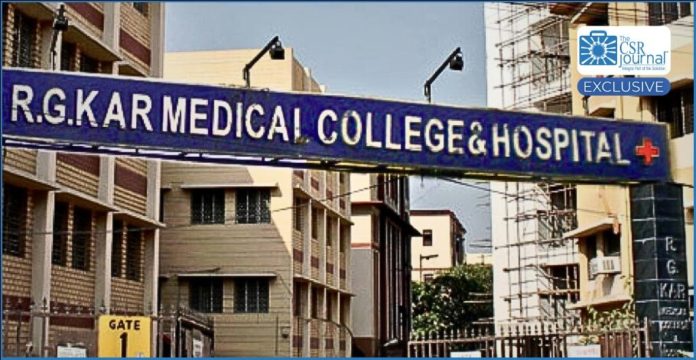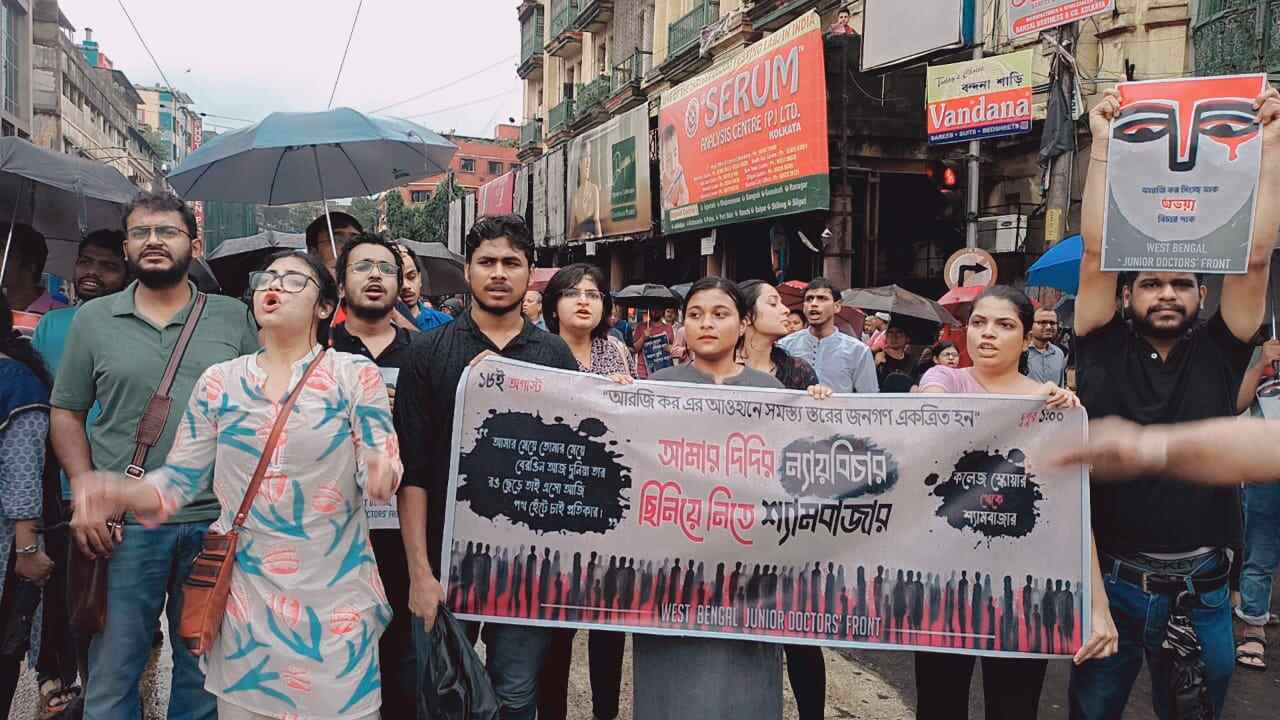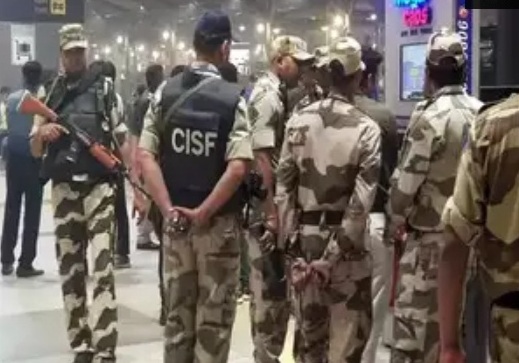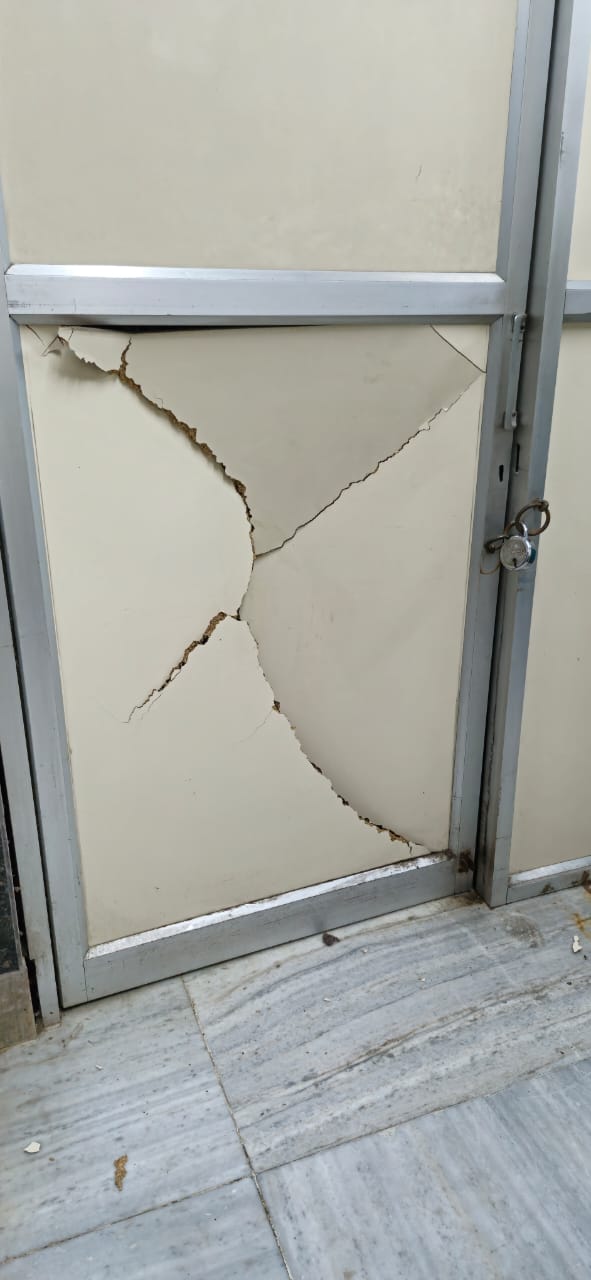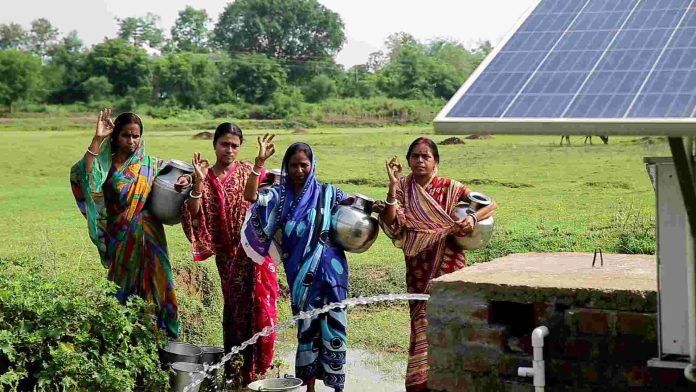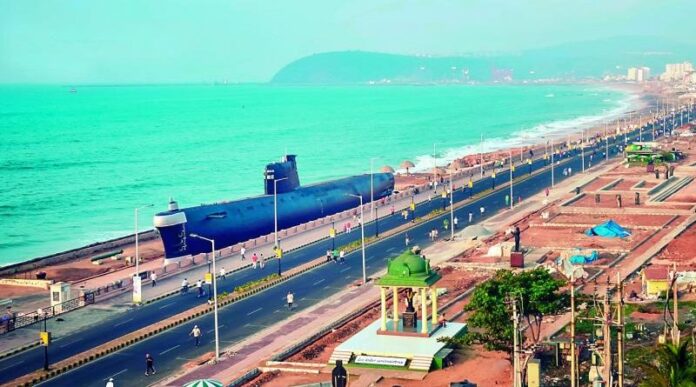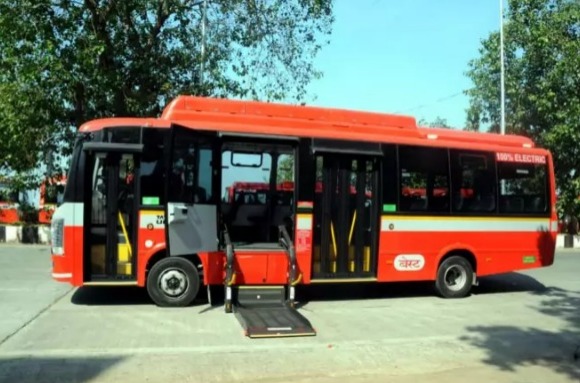Despite the Supreme Court’s assurance that the court would ensure no adverse action is taken against them and despite the apex court’s appeal to resume work, junior doctors in Kolkata continue with their strike for the 15th consecutive day to protest against the alleged rape and murder of a postgraduate trainee at the RG Kar Medical College and Hospital which took place on 9th August.
The protesting doctors have stated that they will continue with their protest unless all the culprits associated with the alleged rape and murder of the junior doctor are arrested and punished. Their ongoing protests have led to disruption in healthcare services in the city, especially at state-run hospitals on Friday.
Supreme Court’s assurance to doctors
On Thursday, a bench led by the Chief Justice of India DY Chandrachud assured protesting doctors that it would ensure no adverse action is taken against them and asked them to resume their duties as healthcare services are being severely affected due to the ongoing protests. The bench, also comprising Justices J.B. Pardiwala and Manoj Misra, expressed deep concern over the delays and apparent irregularities in the investigation by Kolkata Police. The Supreme Court has taken suo motu cognisance of the junior doctor rape-murder case in Kolkata, which was followed by nationwide protests from the medical fraternity and citizens.
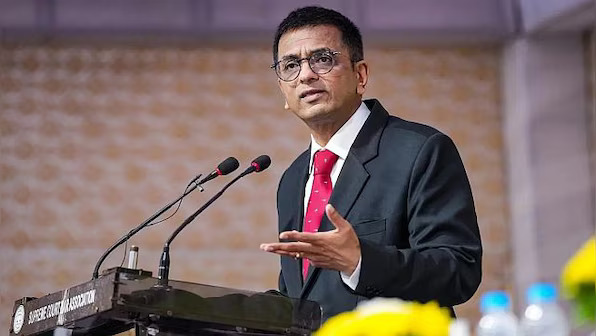
The bench was informed that the protesting resident doctors from AIIMS Nagpur are being marked absent and are not being allowed to sit for their exams. Reacting to this, the CJI Chandrachud said, “Let them all return to work. We will pass some general orders; please rest assured that once doctors resume duties we will prevail upon the authorities to not take adverse actions. How will the public administrative structure run if they don’t resume work?”
National Task Force
The Supreme Court on Tuesday ordered setting up a 10-member National Task Force (NTF) to make recommendations regarding prevention of violence and safe working conditions for medical professionals. The task force will submit its interim report within three weeks and the final report within two months. On Thursday, the CJI assured doctors’ associations across the country that their concerns would be heard by the National Task Force. The apex court has stated that the NTF should have a portal to receive anonymous complaints regarding security concerns from doctors. This observation was made after the court was informed that doctors inside the hospitals are still feeling terrorised by the members of the administration and goons in Kolkata.
Supreme Court reacts to work hours of doctors
The apex court has also reacted to the conditions under which resident doctors are made to work, especially prolonged shifts in government hospitals. Due to such working conditions, the council said, the doctors are not in a physical or mental state to resist even when somebody harasses them. “We are deeply concerned about the inhuman working hours of resident doctors across the country. Some doctors work 36-hour shifts. The committee appointed should look into streamlining the on-duty hours of all doctors. 36- or 48-hour shifts are just inhuman” the CJI expressed.
Supreme Court’s instruction to West Bengal Govt

The Supreme Court also asked the state government of West Bengal to not reprimand those peacefully demanding justice for the deceased junior doctor. Stating that the Government of West Bengal is free to take action against those involved in the incident of vandalism at R.G Kar Medical College and Hospital on 14th August, the court observed that those protesting peacefully against the brutal crime should not be penalised or disturbed in any way.
Doctors call off protest in other cities
Reacting to SC’s appeal, junior doctors resumed duty in several parts of the country including Mumbai and Delhi on Friday. “We are resuming duties following the Supreme Court’s appeal and assurances and intervention in the R G Kar incident and safety for doctors. We commend the Court’s action and call for adherence to its directives. Patient care remains our top priority,” the official account of Resident Doctors’ Association of AIIMS, New Delhi mentioned in an X post on Thursday.
Resident doctors at Mumbai’s Dr. Ram Manohar Lohia Hospital announced on Thursday that they were withdrawing their 11-day strike protesting against the rape and murder of a junior doctor in Kolkata, following an appeal from the Supreme Court.
On 9th August, a 31-year-old junior doctor was allegedly brutally raped and murdered at Kolkata’s R.G Kar Medical College and Hospital. The case has been transferred from Kolkata Police to the Central Bureau of Investigation (CBI) following an order by the Calcutta High Court on 13th August. Meanwhile, a Kolkata Police Civic Volunteer named Sanjoy Roy has been arrested in connection with the case and is currently in CBI custody.

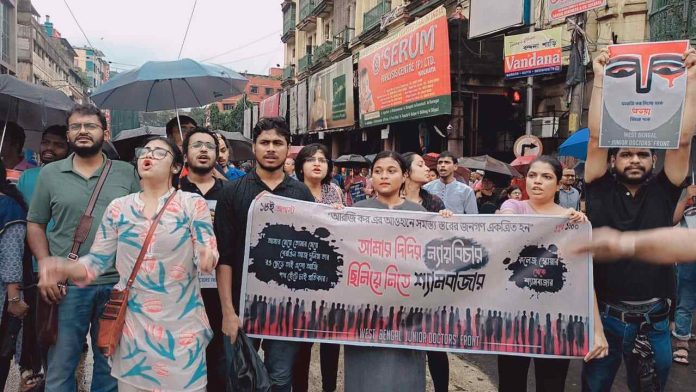

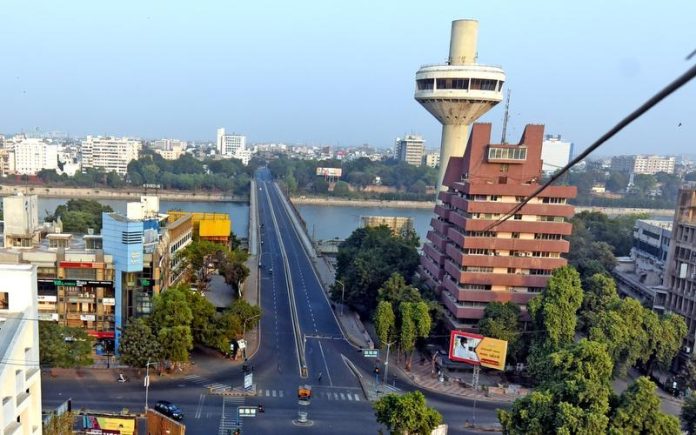
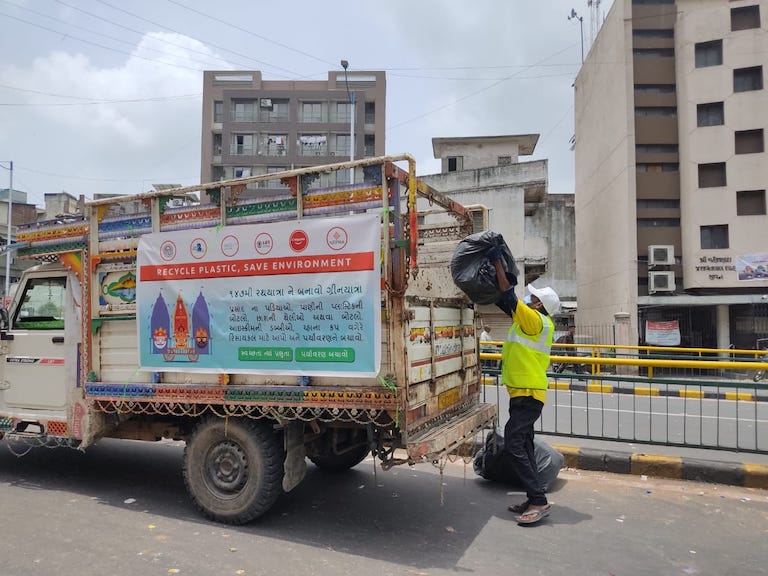
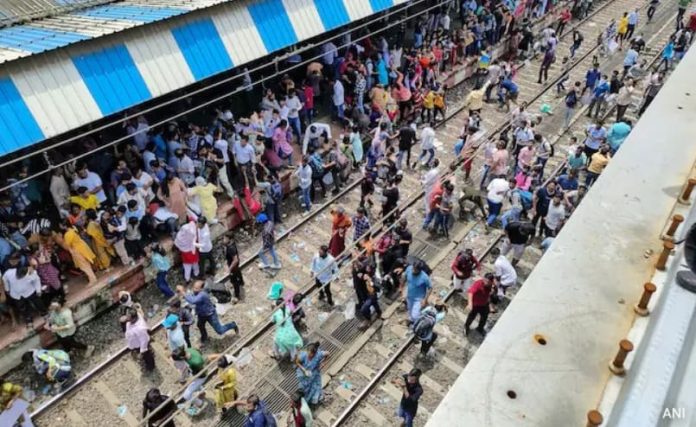

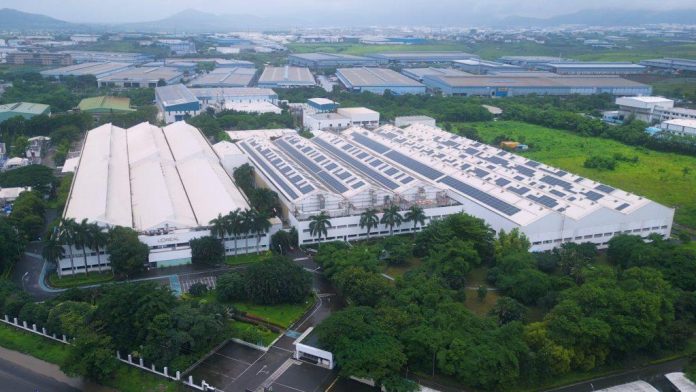
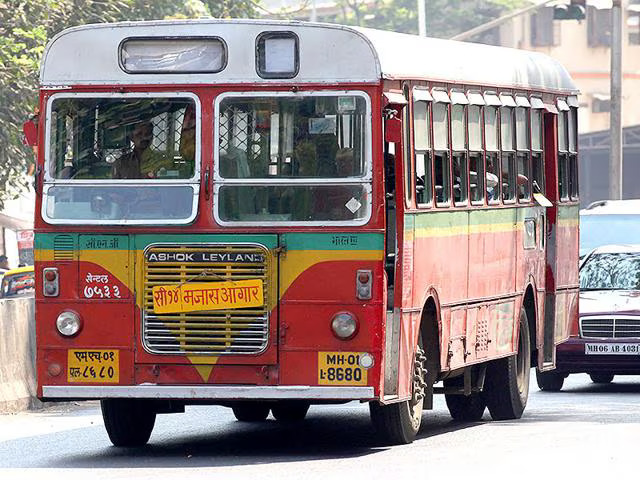
 Garima leads CSR at YES BANK and is the CEO of YES Foundation. She is a purpose led professional inspired by the ability of individuals and organizations to make a positive contribution to society. A post graduate from Tata Institute of Social Sciences and a certified Sustainability leader from London Business School, Garima has over 15 years of experience across sectors. Her varied experience of working closely with communities and social impact organizations has helped her successfully build and implement business aligned CSR strategies.
Garima leads CSR at YES BANK and is the CEO of YES Foundation. She is a purpose led professional inspired by the ability of individuals and organizations to make a positive contribution to society. A post graduate from Tata Institute of Social Sciences and a certified Sustainability leader from London Business School, Garima has over 15 years of experience across sectors. Her varied experience of working closely with communities and social impact organizations has helped her successfully build and implement business aligned CSR strategies. 